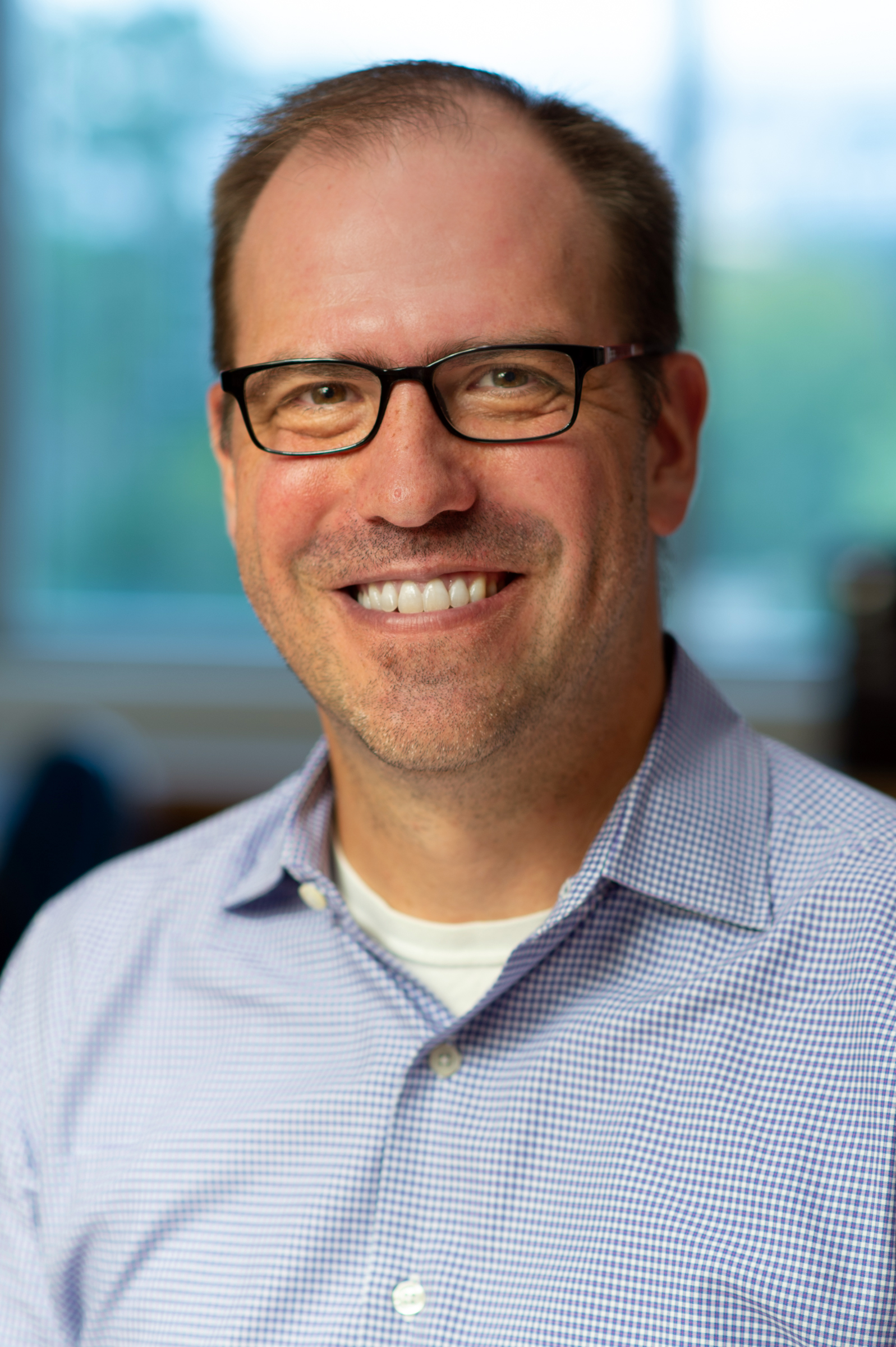GAINESVILLE, Fla. — To address the need for new nonaddictive methods to treat pain, a University of Florida team has been awarded a $3.5 million grant from the National Institutes of Health to train postdoctoral fellows seeking to become independent clinical pain researchers.
Under the NIH HEAL Initiative PAIN Cohort Program, the UF team will train 10 to 15 fellows from various academic disciplines over the next five years in a broad national effort to strengthen the clinical pain research workforce and develop new non-opioid treatments for pain management.
“Worldwide, pain is the leading cause of disability, but we have limited effective options for its treatment,” said neuroscientist Yenisel Cruz-Almeida, MSPH, Ph.D., director of the training program, called UF Partnerships Across Interdisciplinary Networks: Training through Engineering, Epidemiology & Addiction Medicine, known as the UF PAIN TEAM. “The study of pain and treatment of pain are multidimensional. It’s complex and requires communication and collaboration from people from multiple disciplines and backgrounds.”

With a growing need for options to control pain without the side effects of opioids, some emerging techniques under study today include low-intensity laser therapy for conditions such as muscle and joint pain and arthritis, as just one example.
The new funding to UF’s Pain Research and Intervention Center of Excellence will support postdocs — those pursuing extended training after graduating with a doctoral degree.
“This new program is focused on training the next generation of scientists who can perform research to develop novel treatments and therapies. We’ll combine the expertise of multiple fields and elevate the contributions of scientists who may not be pain researchers but can incorporate their backgrounds into pain research and treatment,” said Cruz-Almeida, an associate professor in the UF colleges of Dentistry and Medicine and a McKnight Brain Institute researcher.
With mentors from fields across UF and UF Health, including dentistry, medicine, nursing, physical therapy, pharmacy, engineering, epidemiology, and health education and behavior, the training program will also be led by Kyle Allen, Ph.D., associate director; Wayne McCormack, Ph.D., evaluation team lead; and Roger B. Fillingim, Ph.D., mentor academy lead.

The NIH HEAL Initiative, or Helping to End Addiction Long-term Initiative, aims to establish safe and effective pain management therapies by expanding existing programs and funding new clinical trials. The grant to UF will support five trainees at a time for two years each, with program mentors from laboratory scientists to clinical researchers from both traditional and nontraditional fields represented in the pain workforce, such as engineering, biostatistics, and anthropology.
“More than anything, this particular training program is an evolution of who the new pain scientist is moving forward,” said Allen, a UF professor of biomedical engineering and McKnight Brain Institute researcher.
“It is a pain scientist who can really think across traditional academic disciplines and boundaries and integrate knowledge across neuroscience and engineering, psychology and nursing, or physical therapy and movement science,” Allen said. “No one is going to be able to integrate it all, but some well-developed teams can start to put the whole picture together.”

